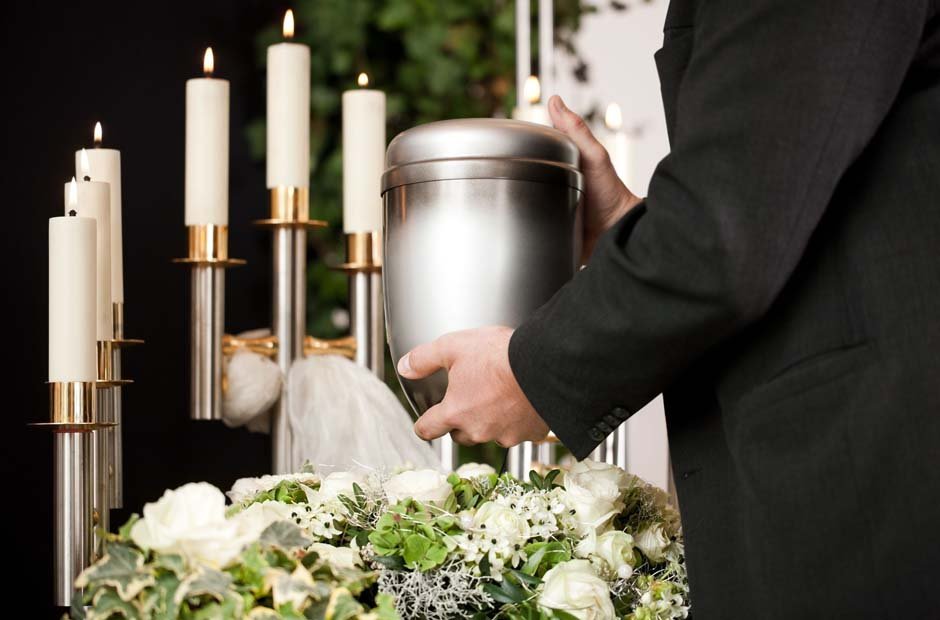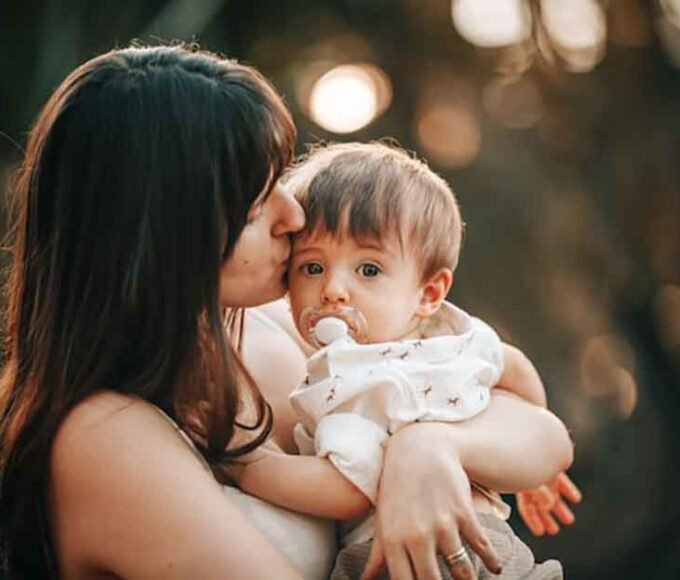Death is an inevitable part of life, and unfortunately, when someone we love passes away, difficult decisions must be made. One of the most significant decisions is how we choose to handle their remains.
Cremation is a popular option for many individuals and families. However, people tend to have many questions regarding this method of disposition. In this blog post, we’ll look at some of people’s most common questions about Legacy Cremation Services.
What happens during the cremation process?
The process of cremation involves several steps. First, the deceased is placed in a suitable container or casket, which is then moved into a specially designed-cremation chamber. Here, temperatures escalate to a range of 1400 to 1800 degrees Fahrenheit.
Subjected to this intense heat, the body gradually disintegrates until only bone fragments remain. These remnants are subsequently processed into a powder-like material often referred to as “ashes” or “cremated remains”. The final step involves housing these remains in an urn, which can be interred, stored in a mausoleum or columbarium, or returned to the family for other memorial arrangements.
How hot does the cremator get?
The temperature in the cremation chamber typically ranges from 1400 to 1800 degrees Fahrenheit. This high temperature reduces the body to its essential elements and ash.
Is a casket required?
It’s worth noting that a casket is not an essential requirement for the cremation process. Instead, a solid, leak-resistant, covered container made from a combustible material is typically used to maintain hygiene, facilitate handling, and uphold the dignity of the deceased.
This container doesn’t have to be a traditional casket per se. It can be any sturdy enclosure made from wood or other flammable materials that ensures the respectful management of human remains. The selection of the casket or container is a personal decision, with options ranging from basic cardboard receptacles to finely designed caskets made from oak, maple, or mahogany.
Should I make different funeral plans if I am going with cremation?
How you honor a life truly depends on your personal preferences. Cremation services offer more options when it comes to planning funeral and cemetery arrangements.
For instance, you can hold a funeral service before cremation, a service after or during the cremation with an urn present, or a committal service when the cremated remains are put to rest.
Do all religions permit cremation?
Different religions have varying attitudes toward cremation. While some are neutral, others prohibit it. It’s essential to consult with your religious leaders to ascertain what’s acceptable for your faith.
Answers to Your Questions About Cremation Services, Explained Simply and Clearly
Cremation services are becoming increasingly popular in contemporary society, so it’s crucial to understand the fundamental concepts behind them. Hopefully, This blog post has provided answers to some of the most common questions people have about cremation services. Ultimately, you should select whatever method of disposition or memorialization that is most comfortable and meaningful for you and your loved ones.
















